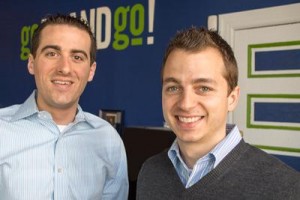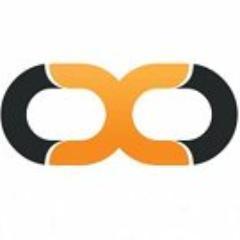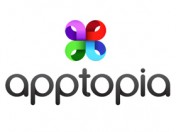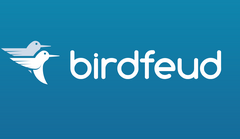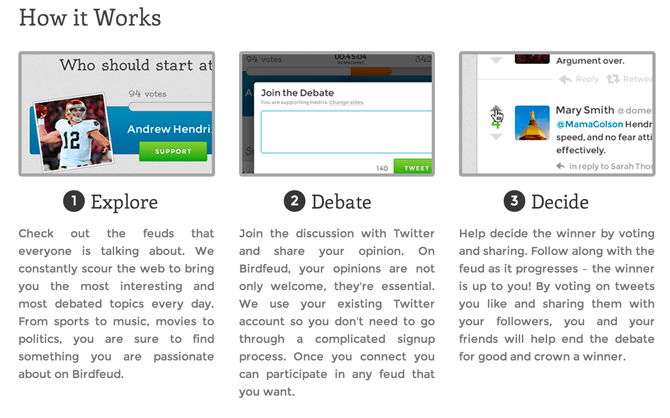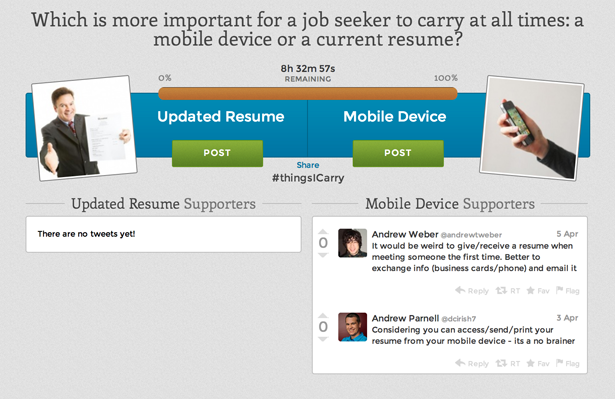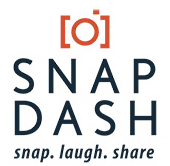 The Chicago based team behind Big Machines, a company that specializes in cloud based product configuration, and sold to Vista Equity Partners and JMI Equity at a valuation of more than $100 million dollars is back. This time they’ve attacked a problem that IT professionals and companies around the world are having every day; finding great reviews on software.
The Chicago based team behind Big Machines, a company that specializes in cloud based product configuration, and sold to Vista Equity Partners and JMI Equity at a valuation of more than $100 million dollars is back. This time they’ve attacked a problem that IT professionals and companies around the world are having every day; finding great reviews on software.
Their video explains it best, you’re not going to ask a car dealer for his “honest opinion” on the vehicle you’re looking at. If you do, you’re going to get whatever it takes to sell the product. You’re not going to look to tech review magazines and online sites because they’re riddled with “product placement” and paid for reviews.
So G2Crowd decided to create a community of crowdsourced reviews from actual users. Today they have over 2500 members and 10,000 ratings on various software packages, mostly aimed at enterprise companies.
A company with 500-10,000 employees is looking at a pretty big capital expenditure when it comes to CRM software, or other productivity software. Licenses can run in the tens of thousands if not hundreds of thousands of dollars.
G2Crowd offers users, or readers, a much more rounded picture of the products they may end up purchasing.
You would think that a startup like this was coming directly at Yelp, however TechCrunch reports that’s not the case at all. While serving the needs of software purchasers with reviews, they’ll also provide a paid for research service, much like Gartner and other companies like it. With their broad range of reviews, and user base they plan on offering these research reports at a much lower cost, like $99.
After their first successful exit with BigMachines, when CEO and co-founder Godard Abel launched G2Crowd they naturally decided to remain in Chicago. We talk with the G2Crowd team about Chicago’s startup scene and what they’re doing differently in the reviews space with G2Crowd. Check out the interview below:
What is your startup, what does it do?
G2 Crowd is a site for trusted reviews of business software. We are changing the game by creating a motivated community of real users sharing real reviews in real time so companies can select software in much the same way that we use reviews on Yelp or Amazon to pick a restaurant or hotel. New insights based on authentic reviews encourage informed decisions and collective learning; companies can use G2 Crowd to compare software and find the one that’s right for them based on the experiences of actual users.
Who are the founders and what are their backgrounds?
Godard Abel, cofounder/CEO
Matt Gorniak, cofounder/COO
Tim Handorf, cofounder/Products
Mark Myers, cofounder/Design
Mike Wheeler, cofounder/Engineering
The cofounders all worked together at another company, BigMachines, which was founded by Godard. After the successful sale of BigMachines, they were looking for a new project and started G2 Crowd. More info on the team can be found here.
What is the startup culture like in Chicago?
Overall, it’s enthusiastic and supportive. We know we’re not Silicon Valley or New York, but the startups here embrace the underdog role and make the best of it. There are lots of events and resources for entrepreneurs to connect with each other.
What problem does your startup solve?
The current approach to buying business technology is broken. Buyers spend too much time sifting through spin, reading outdated analyst reports, and sitting through endless meetings. After all this, buyers still lack the confidence in their choice of technology, and most projects fail to meet their expectations. Because most companies choose new systems only every few years, they lack the expertise to efficiently select the best software, and most have nowhere to turn for input from peers implementing similar systems for similar companies. Also, traditional technology analysts such as Gartner rely on a legacy model of highly paid experts publishing their opinions only every two years or so, with a focus on products from large vendors that are typically also clients of the same analysts. This process delays the emergence of more innovative solutions, and buyers might miss newer technologies that could be a better fit.
What is one challenge that you’ve overcome in the startup process?
The initial process of getting our site live. Putting together a site that we were ready to show off was a ton of work, but we also had to balance that with just getting something out there. It’s very tempting to wait until the site is as close to perfect as possible before standing it up, but it was important to us to approach this from the lean startup perspective and get something out there. Since the first version of our site went live, we’re continuously getting feedback and making changes and improvements based on what our users tell us.
What are some of the milestones your startup has achieved?
We now have nearly 2,500 users and more than 10,000 ratings and reviews of business software.
We decided on, pursued and launched our first product that would bring in revenue.
We’ve grown the team to 9 full-time employees.
What are your next milestones?
Our next milestones revolve around our premium research. We also always have goals with regard to the size of our user base and the number of reviews we have. We’re constantly focused on growing the community and gathering a critical mass of data.
Who are your mentors and role models?
We look to entrepreneurs like Richard Branson and Marc Benioff for inspiration on innovation and developing and sustaining a successful company. All of us have read Peak by Chip Conley and The Lean Startup by Eric Ries; in fact, those two are required reading for anyone who joins our team. The concepts in those books help shape our company.
What are some of the advantages/disadvantages growing your startup outside of Silicon Valley?
The startup environment here is so much more supportive than Silicon Valley. Instead of intense competition and scrutiny, startups here tend to work together and root for each other, which is encouraging. The Chicago area provides a large pool, and we also like being in the midst of thousands of companies that use business software and represent prospective customers and users of our site. There aren’t too many disadvantages, but one would be that most of the major tech events happen out there, so we have to travel to get to them.
What’s next for your startup?
We’ll be broadening our focus into other categories in addition to CRM. We’re also going to be rolling out more tools to help companies with the software selection process, and we’ll be exploring ways for our users to connect with each other and more directly share their expertise.
Where can people find out more?
People can head to www.g2crowd.com to find out more. Follow them on Twitter @G2Crowd.
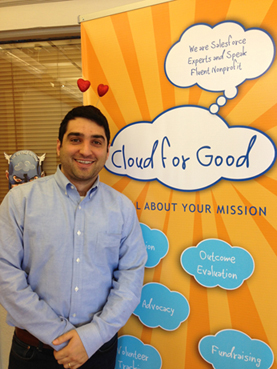 NTEN, the Nonprofit Technology Network, closed out their 2013 Nonprofit Technology Conference in Minneapolis Minnesota Saturday evening. The event brings together NTEN members from across the country who’s companies use technology for the benefit of non profit organizations across the United States and globally.
NTEN, the Nonprofit Technology Network, closed out their 2013 Nonprofit Technology Conference in Minneapolis Minnesota Saturday evening. The event brings together NTEN members from across the country who’s companies use technology for the benefit of non profit organizations across the United States and globally.

